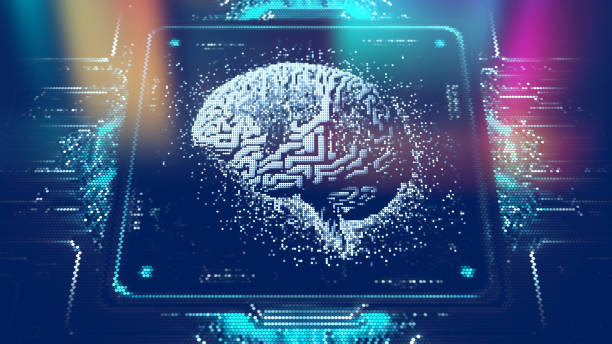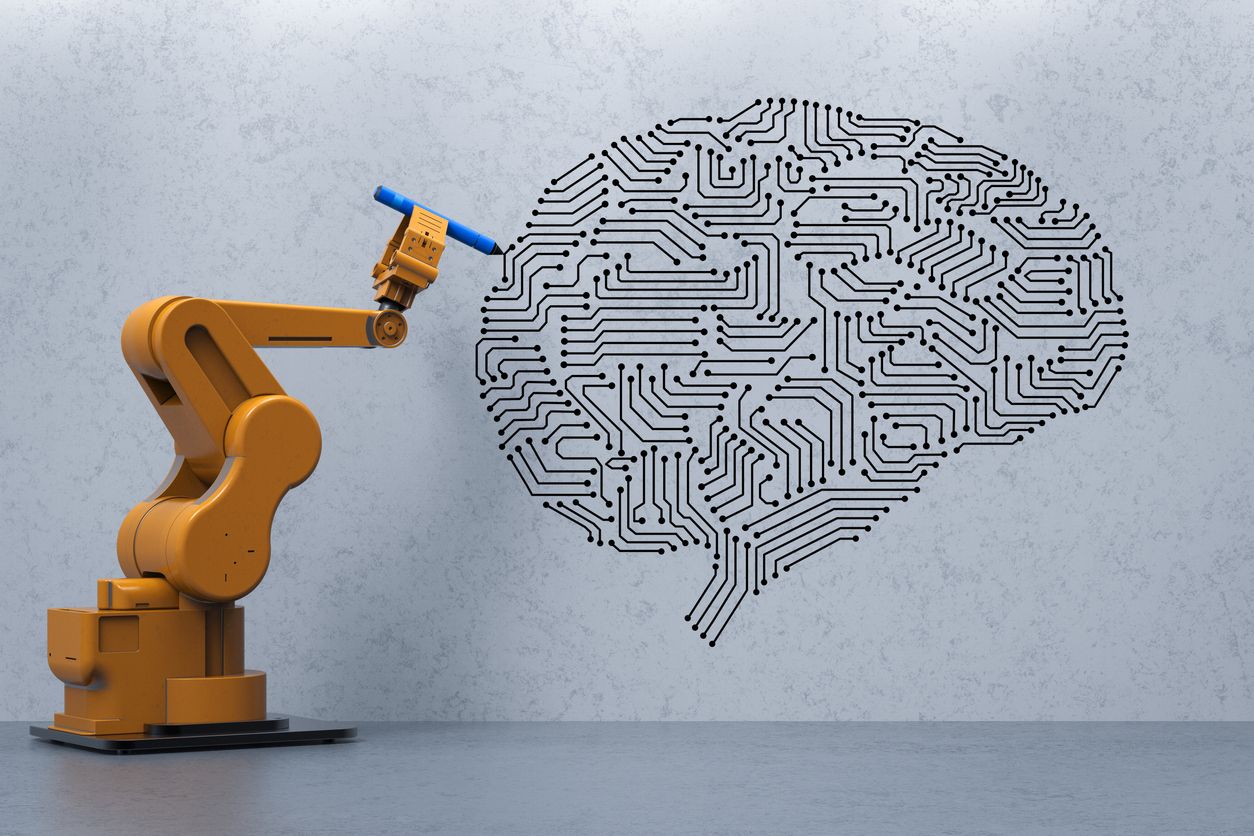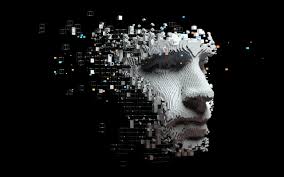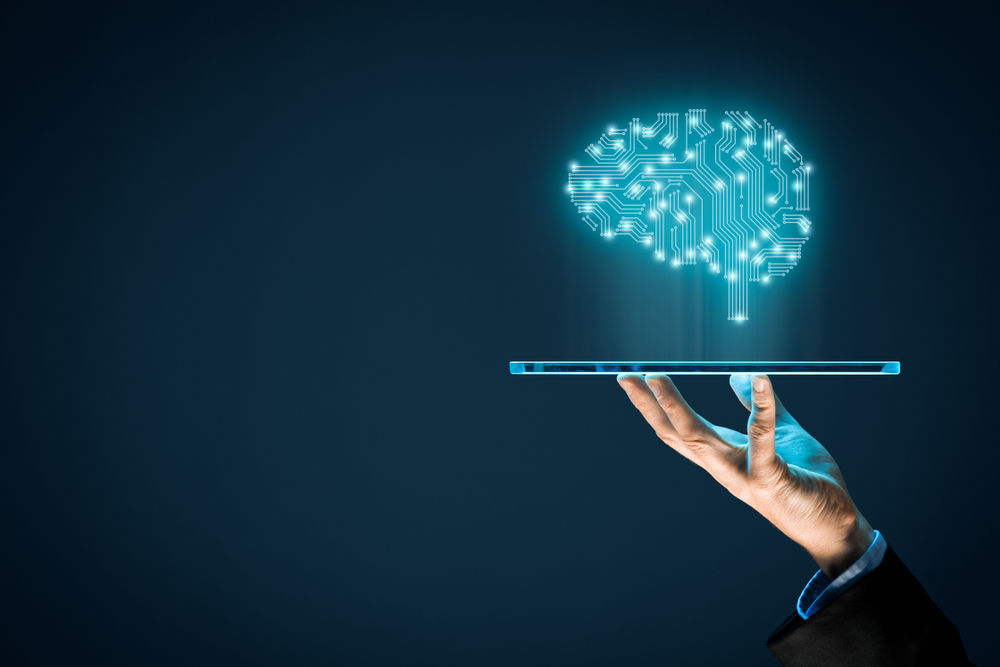Artificial intelligence is a term that has been around for many years, but it has only recently begun to gain mainstream attention. In this article, we will explore what artificial intelligence is and how it works. We will also look at how it is being used currently and how it might be used in the future. As we learn more about artificial intelligence, we can see that it has a lot of potential for both good and bad. However, as long as we know its capabilities and how it works, we can use it responsibly to achieve our goals.
What is artificial intelligence?
Artificial intelligence (AI) is a branch of computer science that deals with creating intelligent objects and systems. AI research focuses on creating computer systems that can reason, learn, and develop their abilities.
There are many different types of AI; some are specifically focused on understanding natural language, while others are more general purpose. Some common AI applications include machine learning, search engines, and autonomous vehicles.
How does AI work?
Artificial intelligence is a branch of computer science that deals with creating intelligent agents, systems that can reason, learn and represent themselves. AI research has significantly impacted many industries, including finance, healthcare, manufacturing, and transportation.
The key to artificial intelligence success is creating systems that can process large amounts of data quickly. This is done by training the AI system on large datasets that have been pre-processed in a way that helps the AI system understand the information more accurately. It is also important for AI systems to make decisions quickly and accurately based on the data they are given.
Benefits of AI
Artificial intelligence has many potential benefits for businesses and individuals. Some of the most common benefits include:
• Improved efficiency: AI can help reduce the time it takes to carry out tasks, resulting in increased productivity.
• Increased accuracy: AI can help improve accuracy and ensure that information is processed effectively and quickly.
• Reduced costs: AI can help reduce the costs associated with certain processes, such as marketing or customer service.
• Enhanced security: AI can help protect data and systems from malicious attacks.
Risks of artificial intelligence
Artificial intelligence can have several risks depending on how it is implemented. Some risks include:
1. Risk of misuse or hacking. Artificial intelligence can be abused or hacked if not properly secured. This could lead to unauthorized access to personal information, financial data, or other confidential information.
2. Risk of creating dangerous robots. If artificial intelligence is created that can learn and act on its own, it could become a danger to humans if not controlled correctly. These “dangerous” robots could injure or even kill people if they are not properly programmed or supervised.
3. Risk of causing a worldwide cyberattack. If artificial intelligence is used to carry out a large-scale cyberattack, it could cause widespread internet disruption. This could harm businesses and individuals, putting them at risk for identity theft, fraud, and other online crimes.
Conclusion
Artificial intelligence is one of the most rapidly-growing fields in technology and with good reason. AI has the potential to improve our lives in innumerable ways, from increasing efficiency and productivity to making everyday tasks easier. While there are still many unknowns about how artificial intelligence works, progress is being made every day, so we can only look forward to even more amazing developments in this field in the future.





